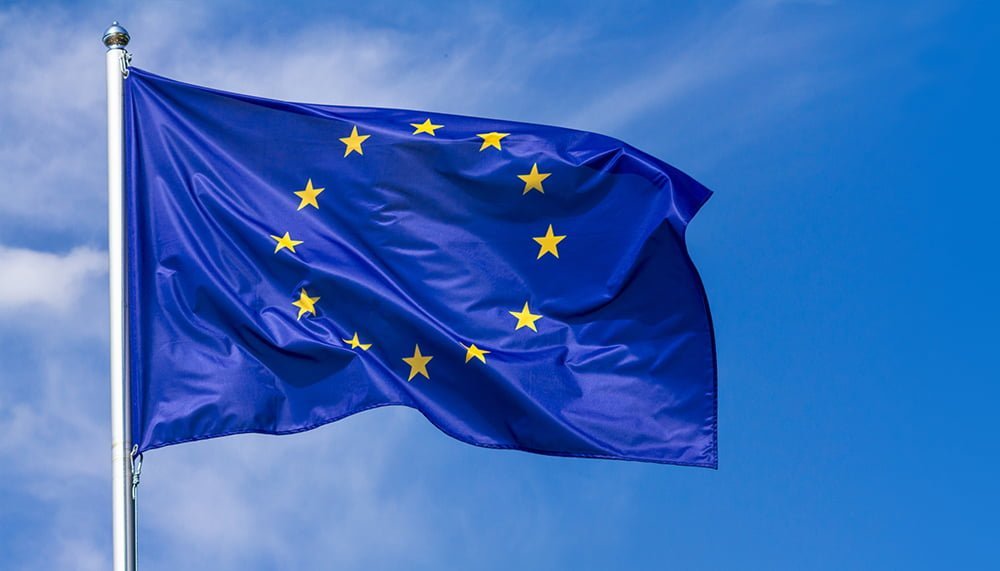EU Begins Investigating Meta, Apple and Google Under New Tech Law – The EU is investigating Apple, Google’s parent company Alphabet, and Meta for possible violations of the bloc’s newly implemented laws aimed at regulating anti-competitive practices among major tech firms. If found guilty of breaching the Digital Markets Act (DMA), these companies could face substantial fines. The DMA, which took effect on March 7, is intended to enhance options for online consumers.
The European Commission, the executive branch of the EU, is examining potential violations including: Apple and Google’s practices enabling app developers to guide users to external offers outside their app stores; whether Alphabet prioritizes its own services like Google Shopping in search engine results; Meta’s decision to charge users for an ad-free experience on Facebook and Instagram, and its compliance with DMA provisions regarding users’ personal data; and whether Apple facilitates the selection of alternative browsers on their mobile devices.
“The commission suspects that the measures put in place by these gatekeepers fall short of effective compliance of their obligations under the DMA,” said the commission. The legislation mandates that the six major tech “gatekeepers” – Alphabet, Amazon, Apple, Meta, Microsoft, and ByteDance (the parent company of TikTok) – offering services like search engines, social networks, and chat apps used by other businesses, adhere to directives aimed at fostering fair competition among their competitors and providing users with greater options.
People Also Read: Leading Adviser Quits Over Instagram’s Failure to Remove Self-Harm Content
Thierry Breton, the commissioner for the internal market, warned that these companies could incur significant fines if found to have violated the act. “The Digital Markets Act became applicable on 7 March,” he said. “We have been in discussions with gatekeepers for months to help them adapt, and we can already see changes happening on the market. But we are not convinced that the solutions by Alphabet, Apple and Meta respect their obligations for a fairer and more open digital space for European citizens and businesses.”
Margrethe Vestager, the competition commissioner, remarked that the companies had ample opportunity to adhere to the act. She emphasized that the commission had collaborated with them to verify their compliance. “I definitely do not think this is rushed,” Vestager told reporters. She said the point of the new laws was “not to have cases” but to give consumers choices to which they were entitled under competition laws.
“The soon we have changes, the sooner consumers can have the benefit of having the DMA,” she said. She said the EU had put in place “strong deterrents” to encourage tech companies to take their obligations seriously with hefty fines for those that failed to meet the standards required. Failure to comply with the DMA could lead to fines of up to 10% of turnover, increasing to 20% for repeated violations. Apple reported annual revenue of $383 billion last year, while Alphabet’s was $307 billion, and Meta’s was $134 billion.
Additionally, the commission is initiating inquiries into Apple’s revised fee system for alternative app stores and Amazon’s ranking methods on its marketplace. The EU executive intends to conclude these investigations within a year, as stipulated by the DMA timeframe. Anne Witt, a professor of antitrust law at EDHEC business school in France, said the commission had moved quickly to enforce the act.
People Also Read: US Takes On Apple in Antitrust Lawsuit
“The commission certainly hasn’t wasted any time opening these investigations, considering that the DMA’s conduct rules only started applying to gatekeepers in early March. It is a big test for the DMA,” she said. Max von Thun, the Europe director of the Open Markets Institute, an organization that studies the effects of corporate monopolies, suggested that the commission should be prepared to employ non-monetary penalties permitted by the act, such as mandating the divestiture of certain business segments.
“The commission should not hesitate to impose significant fines on the gatekeepers and make use of other powerful sanctions provided for by the DMA, including structural separation and bans on acquisitions, where this is necessary in getting the gatekeepers to play ball,” he said. A Meta spokesperson said it believed charging for ad-free versions of its platforms complied with the act. “We designed ‘subscription for no ads’ to address several overlapping regulatory obligations, including the DMA,” they said.




